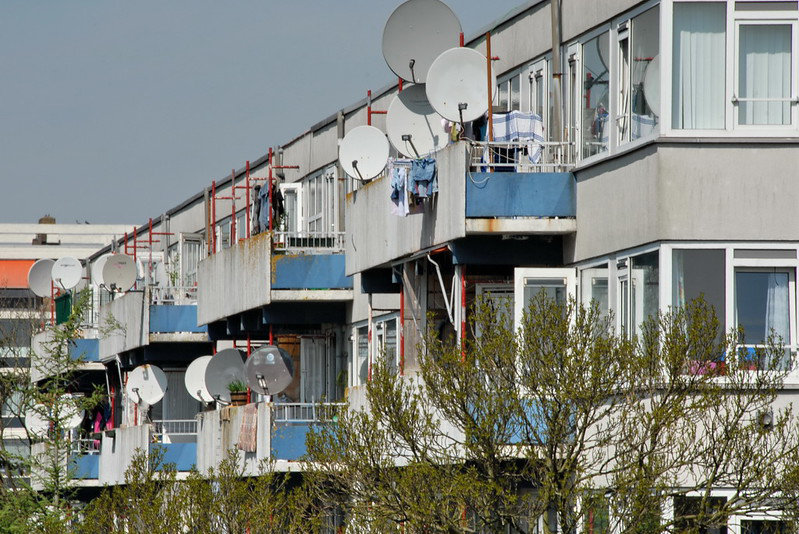
The concept of racism is not new, but the breadth of its scope is finally being seen by those who chose to ignore its severity. Right now, the world is in an upheaval. While many are still reeling from the “new normal” that the coronavirus has created, thousands are protesting against police brutality in the United States following the murder of George Floyd by a Minneapolis police officer.
The barrage of statistics exposing systemic racism has reached a boiling point, and citizens are demanding change. Climate change is an ever-present issue that also ties into the larger narrative of racism.
Environmental racism is the idea that people of colour are more likely to be exposed to higher levels of pollution due to their environment than white people. Environment affects health. If a person lives near a toxic waste dumpsite, they will likely have poorer health than someone with less exposure to such pollutants.
NIMBY is an acronym that stands for “Not in My Backyard,” referring to people who object to potentially dangerous facilities being built in their residential areas, preferring for them to be put elsewhere. Wealthier families have the greater political clout to leverage against the construction of such hazardous projects in their own neighbourhoods, while the more impoverished often do not have much time and organizational power, and are therefore left with the burden of these polluting facilities in their neighbourhoods instead.
In 2018, The Atlantic reported that “The EPA’s National Centre for Environmental Assessment released a study indicating that people of colour are much more likely to live near polluters and breathe polluted air. Specifically, the study finds that people in poverty are exposed to the more fine particulate matter than people living above poverty.”
This also ties into why the Coronavirus has affected Black people at a much higher rate than whites. Linda Villarosa of the New York Times wrote, “A study in early April found out that people who have been subjected to long-term exposure to air pollution are more likely to have serious cases of Covid-19 than people who don’t.
And Black people are more likely to live in areas that are polluted.” She also discussed the concept of ‘weathering’ — the idea that racism takes a physical toll on the body. Adversity may put the body into ‘fight or flight’ mode, but constantly putting the body through that level of stress may cause long-term adverse health effects.
The death of George Floyd seemed to be the straw that broke the camel’s back in relation to systemic racism in the US. After months of lockdown, social distancing, endless news stories about death tolls and statistics about the uneven distribution of the virus’s toll, yet another Black man was murdered by someone meant to protect the people. The idea that black and brown bodies aren’t treated as valuable as their white counterparts is showing up in all the data and that data translates to lives lost.
Some short-sighted celebrities called Coronavirus “the great equalizer,” back when it was believed that everyone had a fair shot at contracting, and potentially dying from it. That concept was disproven when data revealed that Black people were two to 3 times more likely to die of Covid-19 than white people.
Before the video of Floyd’s death went viral, there had always been political pundits ready to blame some aspect of a Black person’s behaviour on a police officer’s decision to kill them. For the first time, there is unity in the disgust over an innocent man’s death and an admission that systemic changes must be made to address the underlying, subtle racism all around the US and the world.
“Climate justice is a racial justice,” says Adrien Salazar of Dēmos, a think tank based out of New York. “Any pandemic or other catastrophe that takes place in an unequal society will have unequal impacts.”
Only by investing in the empowerment of historically disenfranchised communities, and by addressing the painful realities that a shameful past has created can the playing field truly become level. The lives lost, the ideas never fostered by our black and brown brothers and sisters, could be the difference between having a liveable planet and not.
Sarah Sakeena Marshall
Grit Daily Staff Writer, The Muslim News, Environmental Columnist